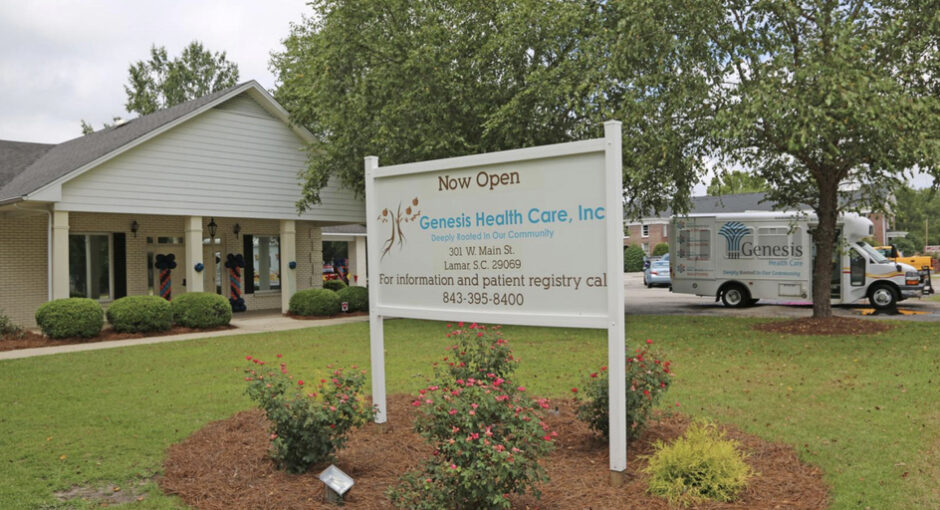A federal district judge last week declined to make federal health officials give a South Carolina health center any more documents linked to the center’s brief expulsion from and subsequent reinstatement to the 340B program in 2018.
U.S. Chief District Judge R. Bryan Harwell’s April 24 order is the latest development in Genesis Health Care’s fight to abolish the nearly 30-year-old 340B program definition of “patient.” Genesis wants the federal courts to declare that:
- the only statutory requirement for 340B eligibility of a person is that the person be a patient of a covered entity
- the plain meaning of the wording of the 340B statute requires that any prescription from any source is available to a patient of a covered entity
- U.S. Health Resources and Services Administration interpretations of or guidance on the 340B statute’s prohibition on resale of drugs to a person who is not a patient of the entity is unlawful and unenforceable.
HRSA removed Genesis, its grantee sites, and contract pharmacies from 340B on June 26, 2018, after auditors found that Genesis failed to maintain auditable records and dispensed 340B drugs to ineligible patients. HRSA reinstated them on July 5, 2018, the day before a scheduled court hearing on Genesis’ emergency motion for a stay. HRSA voided the audit on June 6, 2019, after concluding it lacked the power to enforce its 1996 340B patient definition.
Despite its reinstatement to the 340B program, Genesis continues to challenge the 340B patient definition’s legality. A federal appeals court ruled in July 2022 that Genesis’ case was not moot because HRSA’s patient definition remains in place and Genesis potentially could be expelled from 340B again.
HRSA’s patient definition is at 340B’s core. A court ruling invalidating it could change 340B profoundly and result in an expedited push for more clarity in the definition of patient which has not been updated since 1996.
Genesis and HRSA are sparring over whether Genesis is entitled to more than the 9,000-plus pages of HRSA public and internal documents related to its audit of Genesis. Genesis, for example, wants to see HRSA’s instructions to its contracted auditors about how to apply the 340B patient definition in audits. Genesis also wants the list of all documents HRSA withheld from Genesis on the grounds that those records are privileged. HRSA counters that Genesis has no right to such “extra-record discovery.”
“Genesis maintains that it requires extra-record discovery and a privilege log to challenge the HRSA’s interpretation of the statutory term ‘patient’ under the 340B program,” Harwell said in his order last week.
He said that although “Genesis’s position is well-taken,” the case “involves a question of statutory interpretation” and “Genesis has failed to demonstrate that extra-record discovery or the disclosure of a privilege log is appropriate, necessary to the resolution of this case, or will have any impact on the relevant questions of statutory interpretation.”
Harwell said he “is puzzled as to how extra-record discovery could aid the court in its
judicial function of determining whether HRSA’s reading of the statutory term ‘patient’ is consistent with the 340B statute.”
In January, Harwell ordered 340B Report to destroy and not release information from the records of Genesis’ audit that HRSA entered in the case. The government filed them in a public database and 340B Report accessed them legally. The government and Harwell said the records were released to the public inadvertently. 340B Report complied with the order even though it believed the order was improper. Harwell subsequently placed the records under seal.


